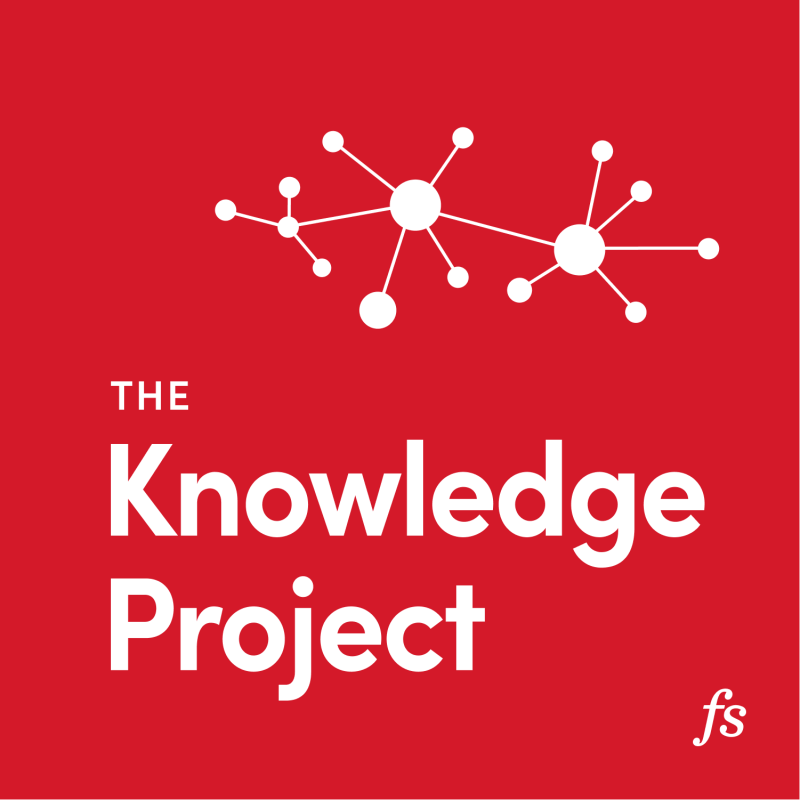Thomas Zurbuchen manages the $8 billion dollar research program at NASA. In this interview, he gives a masterclass in how to make critical decisions when billions are on the line, how to manage risk, gathering effective information from a team, the challenges of commercial spaceflight, whether humans will ever life on Mars, and so much more.
Now available on: YouTube | Apple Podcasts | Spotify | Transcript
Thomas is the Associate Administrator at NASA Science Mission Directorate.
Here are a few highlights from the conversation:
The most important question is “Is somebody else watching the other way” I mean for me, it was “What is there?” Just a whole point, right? Growing up in that religious environment, I thought a lot about bigger purposes and bigger things, with the name “The Lord” perhaps or with the name “Creation” for me. For me, looking at the stars—the patterns of them, the fact that they’re there the next day— also made me ask, “How does it actually look?” And, “What’s the relationship between that amazing sky to us here and to my little self on my back on the roof in that little village?” What is that big thing?
We have a problem as an international community that low earth orbit is choked with debris. It’s one of those things we have to solve in the next ten years. We have to clean that garbage, and also what’s important, the rule number one in filling holes is to stop digging, right? We have to make sure that everything we launch, we either fly out, or we create such a short timeline that within years, it’s gone. It’s out of space. The upper atmosphere has a drag force, and it falls onto the earth like a meteor or an artificial meteor and it disappears. That’s a critical problem.
One of the things we want to be careful about is keeping space peaceful. I think that’s something we’ve been watching with trepidation. We’ve signed treaties both in the US and elsewhere and it has been discussed. We see some countries, nation-states, that are out there that are making us question whether they’re serious about the peaceful utilization of space. It is worrisome because of course, they can use space like other countries use it. They can put telescopes there, observe whoever they want to, their people or other people. They can do that by law but they cannot, for example, weaponize space.
I think the hardest part of the research is always to find that edge. If you look at the best research, I think of it as walking in the mountains on that ridge on the one side is irrelevant. We’ve already proven it, it’s easy to do research there, it’s safe. You get tenure and every professor is fine doing it, twiddling around and you can make a lot of money there. The other side is the impossible side, right? Questions don’t only need the right question, but also the right time for that question. The hardest part is to build programs that are programs that push that edge at the maximum speed viable that requires that you learn how to fail.
One of the things I believe in is not getting pushed. If I’m not sure, I don’t mind being the only guy who’s not comfortable and I will back off. I said, “Thanks for stopping the meeting. I appreciate that. If anybody has anything that is not being said, I will not decide for 24 hours, send it to me by email and I will go back. If I find that there’s more information I can gain that really is relevant, I’ll do that.”
For me, what I hate, if you want to tick me off, come show up and tell me everything is low risk. That makes me believe you haven’t understood your job, right? Don’t make me laugh, don’t make me feel good. Make me feel scared and then make me feel comfortable because you’re dealing with all the risks. Don’t come and say it’s all low risk. It is not low risk, it’s rocket science.
The priority is mission success. We will not rush and make stupid mistakes because every one of these mistakes in that environment costs us hundreds of millions of dollars. Saving a day and having six months to fix a mistake, it’s just a bad thing.
It’s time to Listen and Learn.

